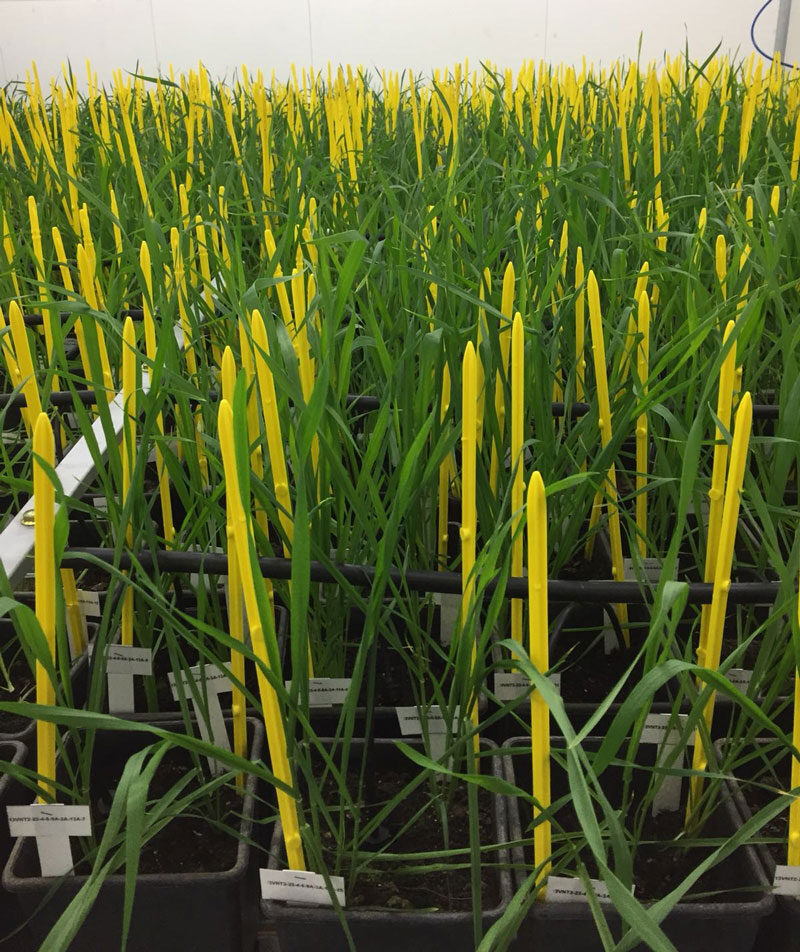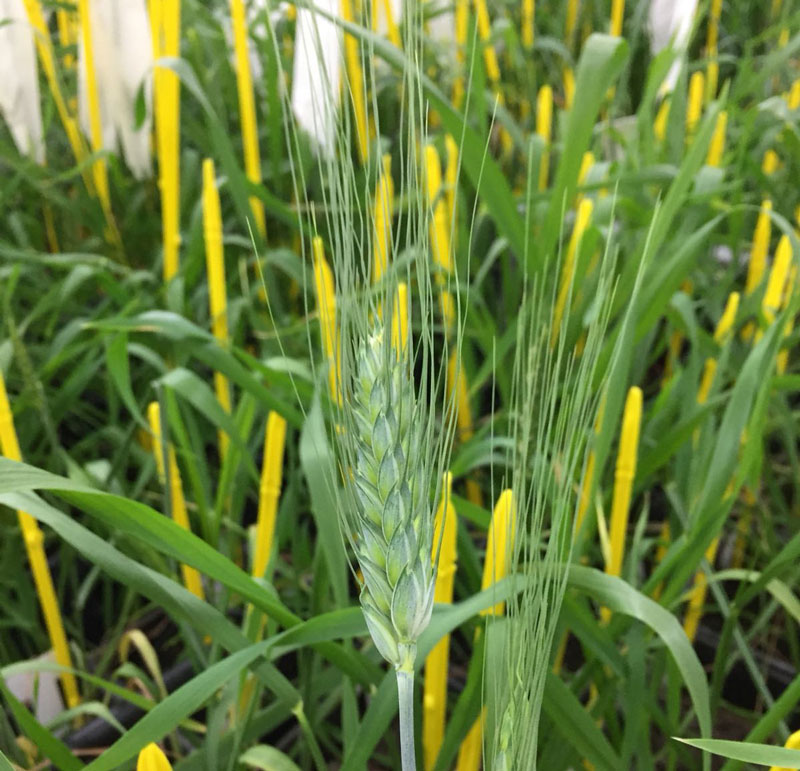The production setting
Based in the Italian region of Marche, Agroservice Spa was founded in 1969. Its business mainly consists of seed multiplication and research into herbaceous, fodder and leguminous crops. Much of the research work regards grasses, such as wheat, and largely focuses on genetic improvements aimed at obtaining and patenting new cultivars to be marketed in Italy and abroad under the ISEA brand. Interaction between ISEA and Agroservice allows progress on the genetic improvement front to be transferred to farmers via the establishment of new varieties (the core business of ISEA) and Seed Multiplication (performed by Agroservice).
Ever since the dawn of agriculture, man has been genetically improving wheat through the careful selection of cultivars. This selection process typically takes place in the field, following the natural ebb and flow of the seasons over a period of years. During this time the plants are tested according to factors of obvious interest to farmers: productivity, gluten index, resistance to drought or cold, the ability to resist/tolerate common pathogens such as fusarium or powdery mildew, or whether the plant size is suitable for mechanized farming.
The genetic improvement process can be divided into three key stages:
• selection of the initial genotype, that is, the plants to be hybridized on the basis of different phenotypic, qualitative and genetic traits;
• cross-pollination between two (or more) genotypes;
• self-fertilization cycles and selection of the plants with the best agronomic characteristics.

A growing chamber with all-new light to obtain perfect crops

